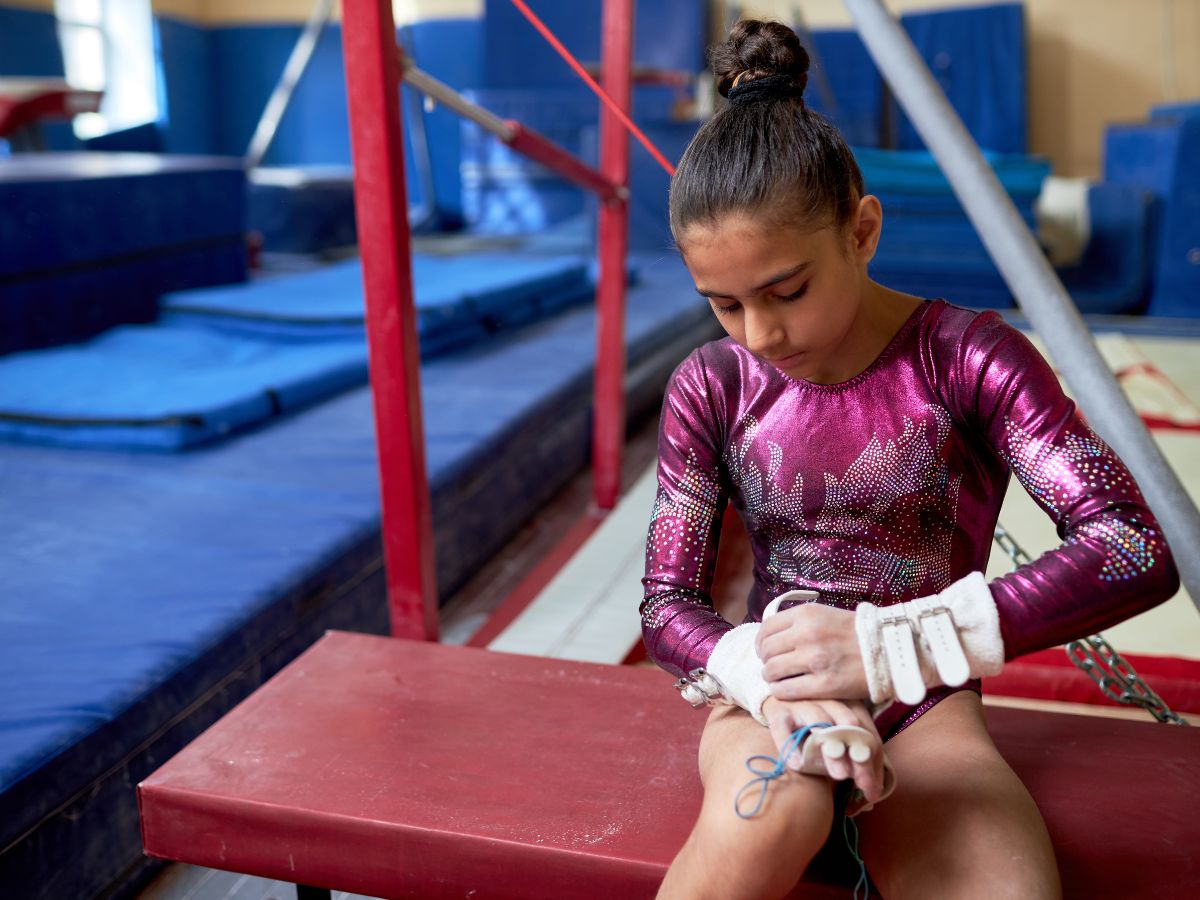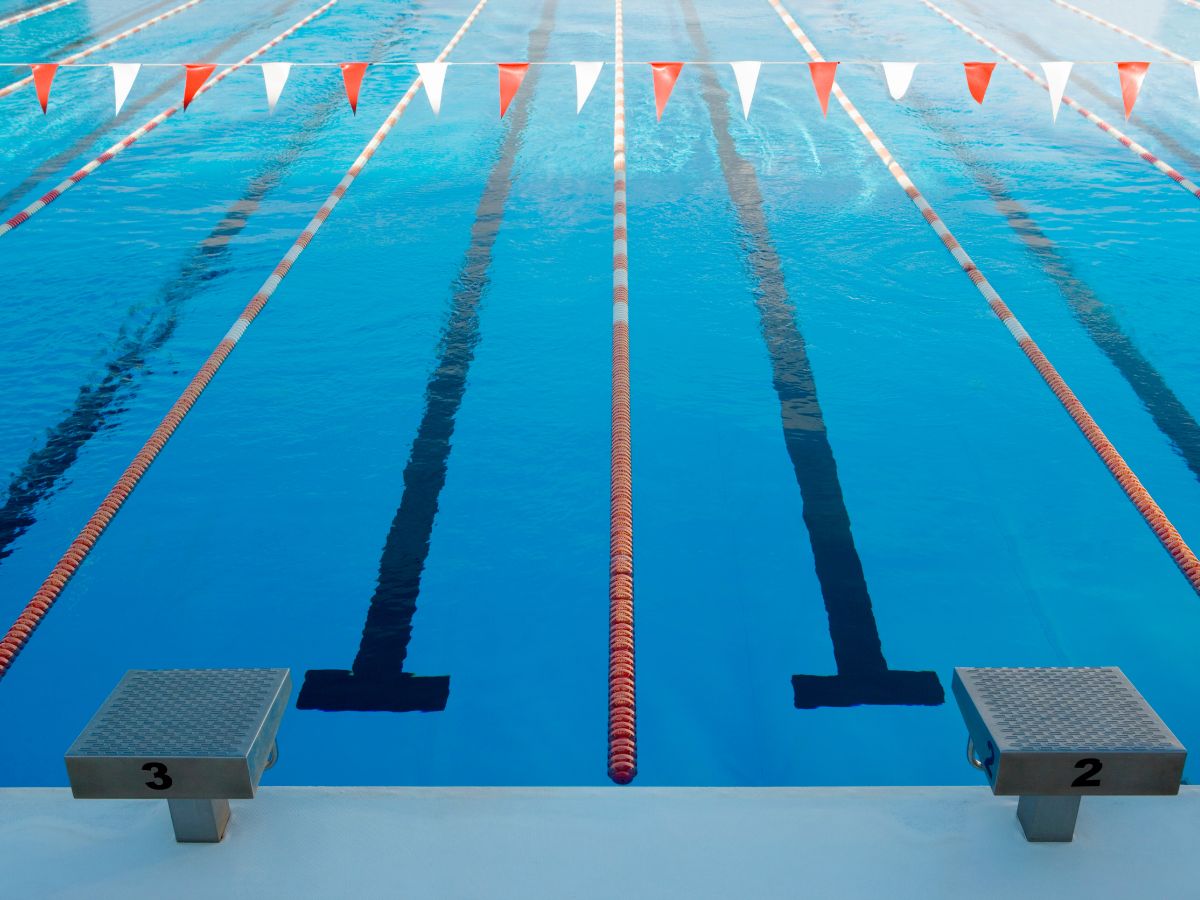There are a few tips that you can share to help those involved with your center become better gymnastics parents. If they simply remember these ten points, they will be less stressed about what their kids are learning and get much more enjoyment out of their own experience as gymnastics parents.
- Gymnastics is fun.
Gymnasts often talk about how they love gymnastics. They mesh with well with their teammates and have a real connection with the coach. While every day isn’t perfect, it should be a great experience.
- Gymnastics is safe.
There is no need for parents to be there to observe every moment of practice. In fact, the level of athletic growth achieve without parents’ constant “supervision” might be surprising to them. Kids also gain a sense of independence and create a sense of trust with the coach when parents are not hovering.
- Trust the coaches to do the coaching.
Coaching that comes from the stands does nothing but confuse the gymnasts and aggravate the coach. The coach doesn’t give parenting advice to parents so parents should keep their coaching advice t themselves.
- Nutrition is important.
It requires fuel to work anywhere from 12 to 25 hours per week in the gym. Fueling should be done healthily. There is no magic caloric number that works for every child so finding what does work for each individual is important. It is also important to make sure that it’s the right kind of fuel – and not junk calories.
- Send plain old water.
There are endless statistics on sports drinks and super-waters exposing the amount of sugar (and other unnecessary ingredients) that they load into gymnasts. Basically, the best thing that gymnasts’ bodies can get is plain old H2O and plenty of it. That doesn’t sound fashionable but it’s true.
- Summer camp is a week of fun and lifetime memories.
Set accurate expectations. Summer camp isn’t a week for kids to learn new skills. A week isn’t enough time to do this. Summer camps are, however, perfect for having fun and developing relationships. Summer camps are about fantastic experiences. So it’s important to make sure that the camp fits the child.
- Direct questions about practice to coaches.
If a kid comes home with an issue about practice, parents shouldn’t make assumptions – or rash decisions – without getting input from the source. There is always more than one side to a story. Acting fairly and wisely requires that every viewpoint be heard. It’s likely that “issues” simply represent a breakdown in communications that are best resolved through open and honest discussion.
- Be on time.
Arriving late takes part of the kids’ valuable learning time away. It diminishes the investment being made in the classes and can be upsetting and unnerving for athletes. Being late can also open gymnasts up to injury since they’re probably missing warm-ups for workout.
- Grips are for grip-strength, they do not prevent rips.
Coaches of most gymnastics teams in the USA will inform parents when kids are ready for grips and what type they should purchase. Coaches also may have preferences (i.e., buckle dowel vs. Velcro dowel). So rather than purchasing and potentially returning grips, simply wait for the coach’s word on it and purchase the right thing at the right time.
- Using bribery as a motivational tool is a terrible idea.
Allowing the coach to do the coaching includes eliminating the use of external motivators. Kids’ motivations should come from within – not because they’re being “paid” in one way or another. These types of motivators undermine coaches and confuse kids. They also create a trap for the parent because once started, external motivators can get out-of-hand.
Source: Allgymnasts.com







